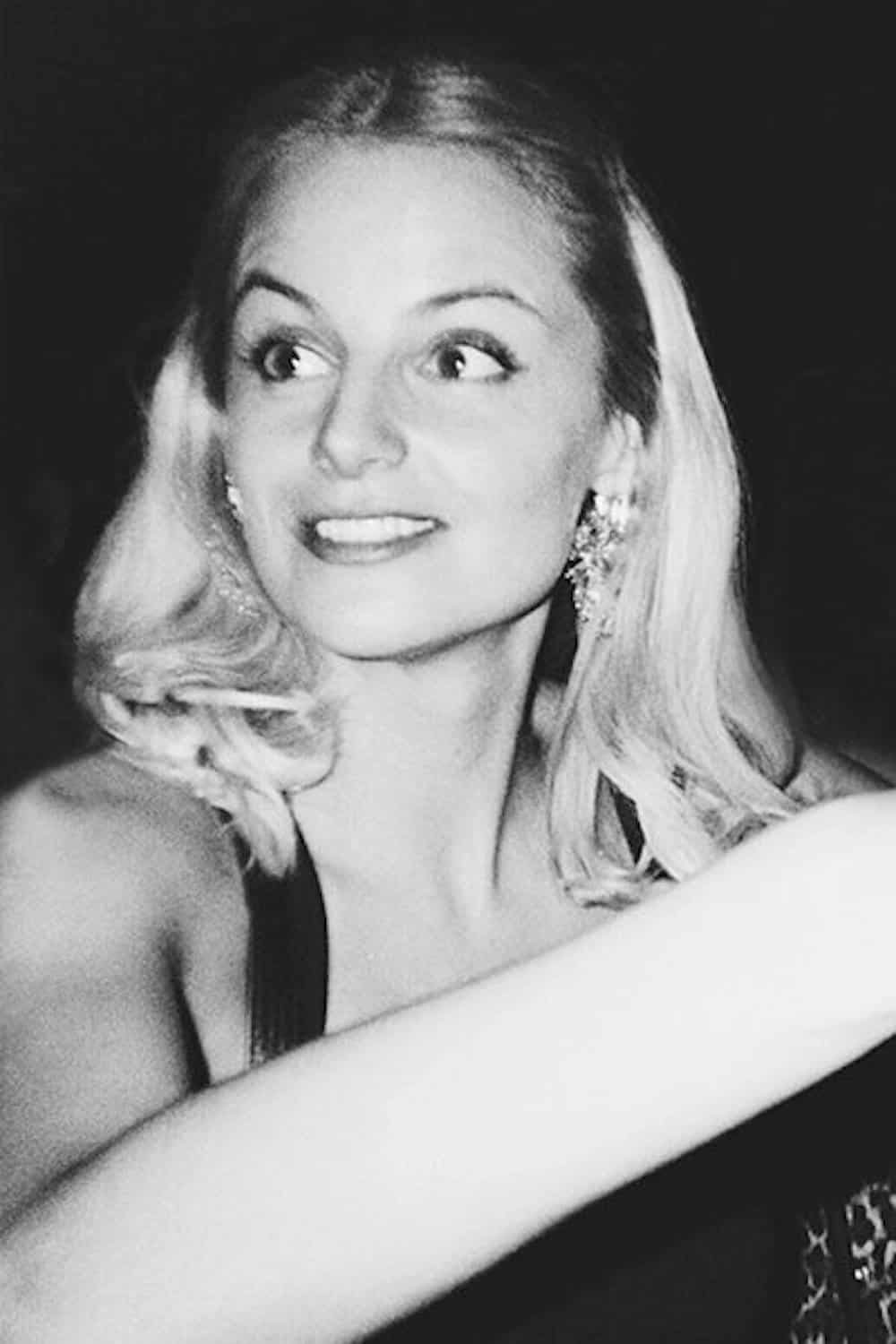You won’t guess what mundane package McCall has just murdered an army of killers to get. But it doesn’t really matter. While the ham-fisted McGuffin doesn’t serve the rest of the film, this opening scene—from its stomach-churning violence to the reliance on impractical effects—indicates where this once enjoyable nuts-and-bolts action franchise has gone wrong.
Antoine Fuqua’s “The Equalizer 3” is not just what many assume will be the last film in the franchise; it’s the fifth overall collaboration between the director and Washington. Their partnership, on its face, is puzzling. Sure, their first teaming, “Training Day,” netted Washington his lone Best Actor win. But their successive films have only gotten harsher and dumber since that triumph. What exactly does Washington get out of these films? It’s a relationship that often recalls the run Anthony Mann and Jimmy Stewart experienced in their eight pictures together (though, to be sure, Fuqua-Washington has mined far poorer thematic treasures) when Stewart left his prestige perch, his good-guy image, and aw-shucks mannerisms to explore darker stories in Mann’s freeing Westerns. You can tell Washington gets the same pleasure here, not caring if the audience experiences the same adventurous sensations he does.
Because, make no mistake, “The Equalizer 3” is hot garbage. It’s also a fascinating but failed attempt by Fuqua and Washington to make their own Mann-Stewart film. Consider how the Western genre stains this picture. During McCall’s raid on the villa, he is critically wounded and eventually discovered by a local cop, Gio (Eugenio Mastrandrea), who takes him to a quaint seaside Italian village, where a local doctor named Enzo (Remo Girone) treats the hitman’s wounds. While recuperating in the restful town, McCall learns to love the people and the peace they provide him. Though a local young gang leader, Marco (Andrea Dodero), looms over them, McCall, who says he’s merely passing through, would rather avoid intervening. Like any Western, when push comes to shove, McCall will defend them while teaching these acquiescing people how to stand up to their oppressors.
Fuqua and cinematographer Robert Richardson (“Platoon” and “A Few Good Man”) provide further Western details through chiaroscuro lighting. Washington’s silhouette spells danger, while his weary frame expresses a close relationship to death. Richardson also captures the actor from extreme low angles, a la John Ford, painting heroic compositions. The problem, however, is they’ve made McCall so vicious we’re not quite sure if we should be rooting for him to kill. While it makes sense for the character to show greater brutality—after all, in the first “Equalizer,” he was once a calm man idling in retirement—now he’s a man fully bathed in blood and guts again. Even Washington can’t fully pull across that throughline, especially when the script is so weak.
You can view the original article HERE.

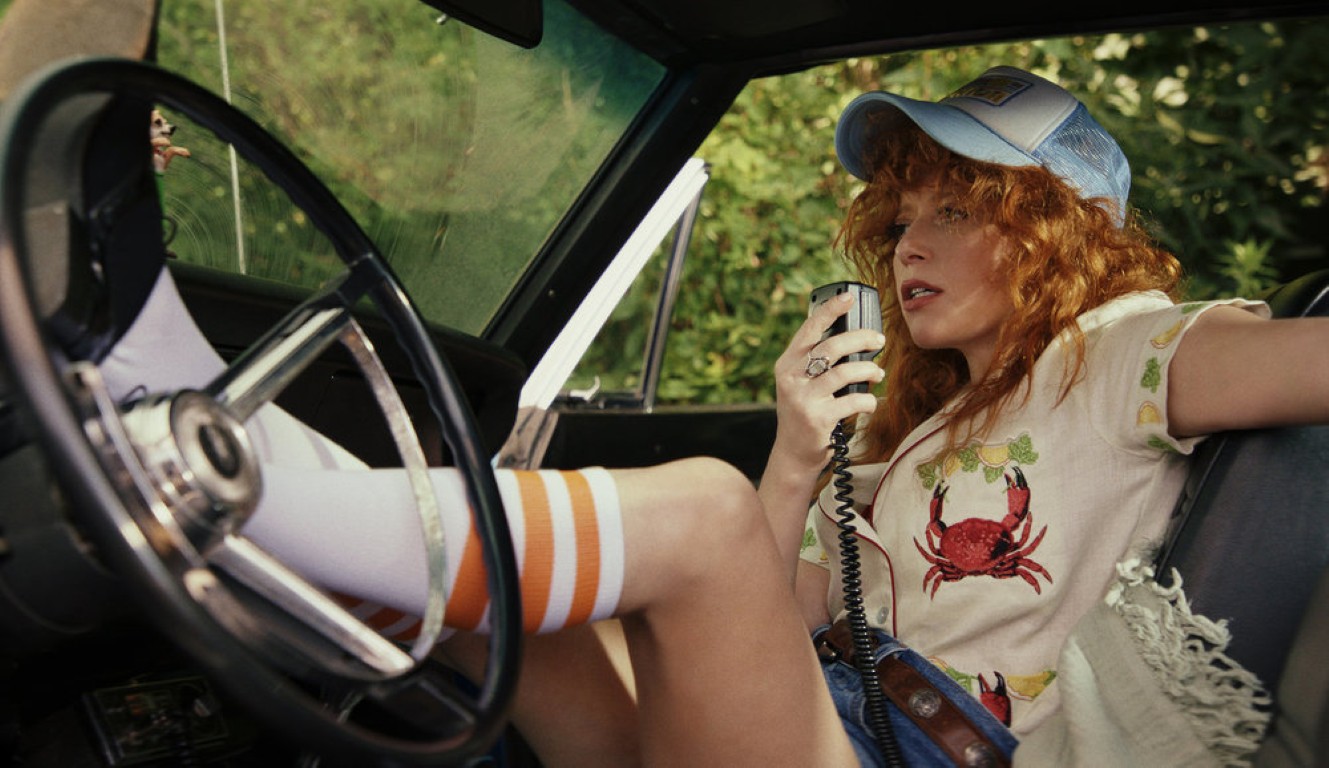
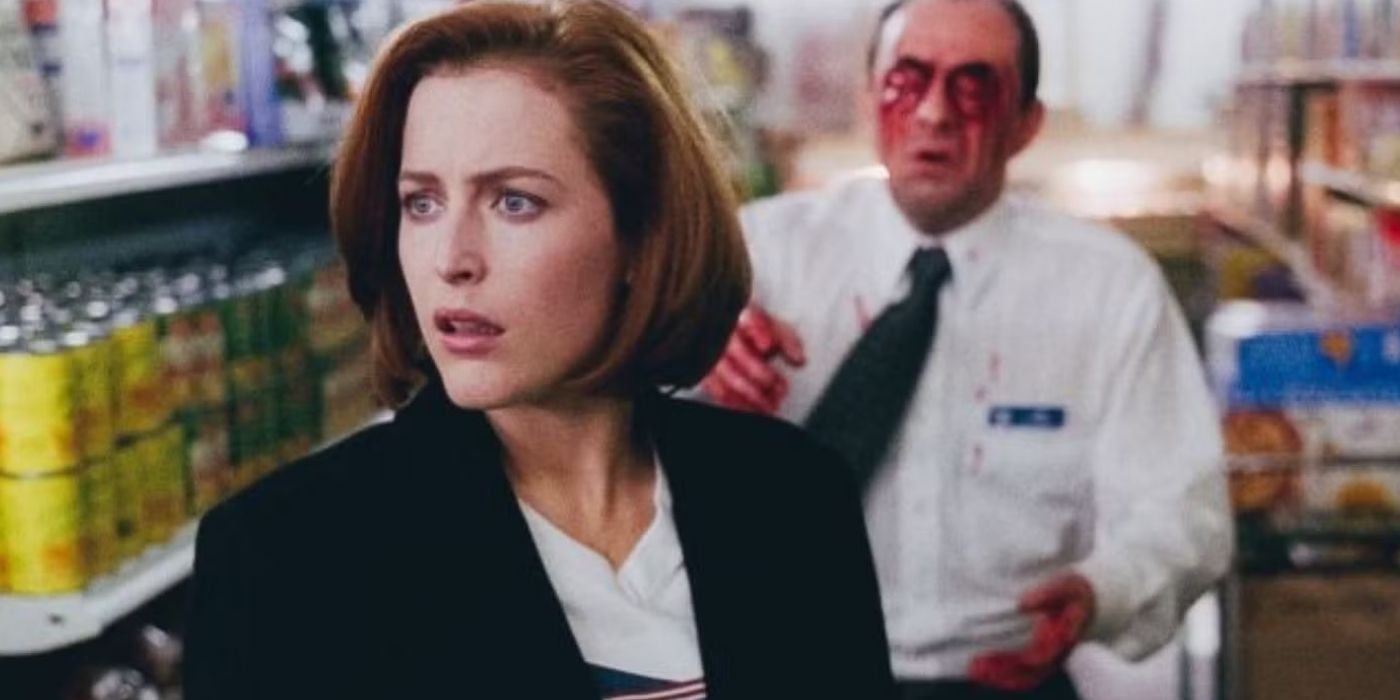

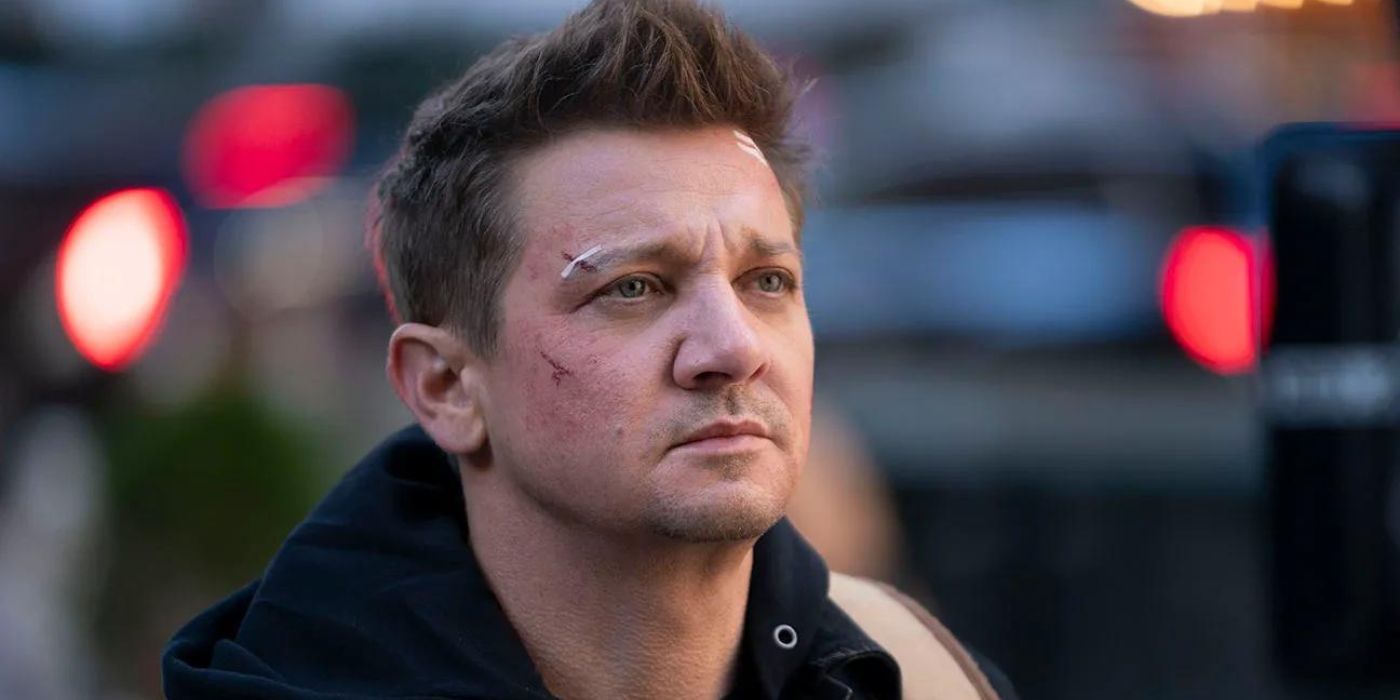
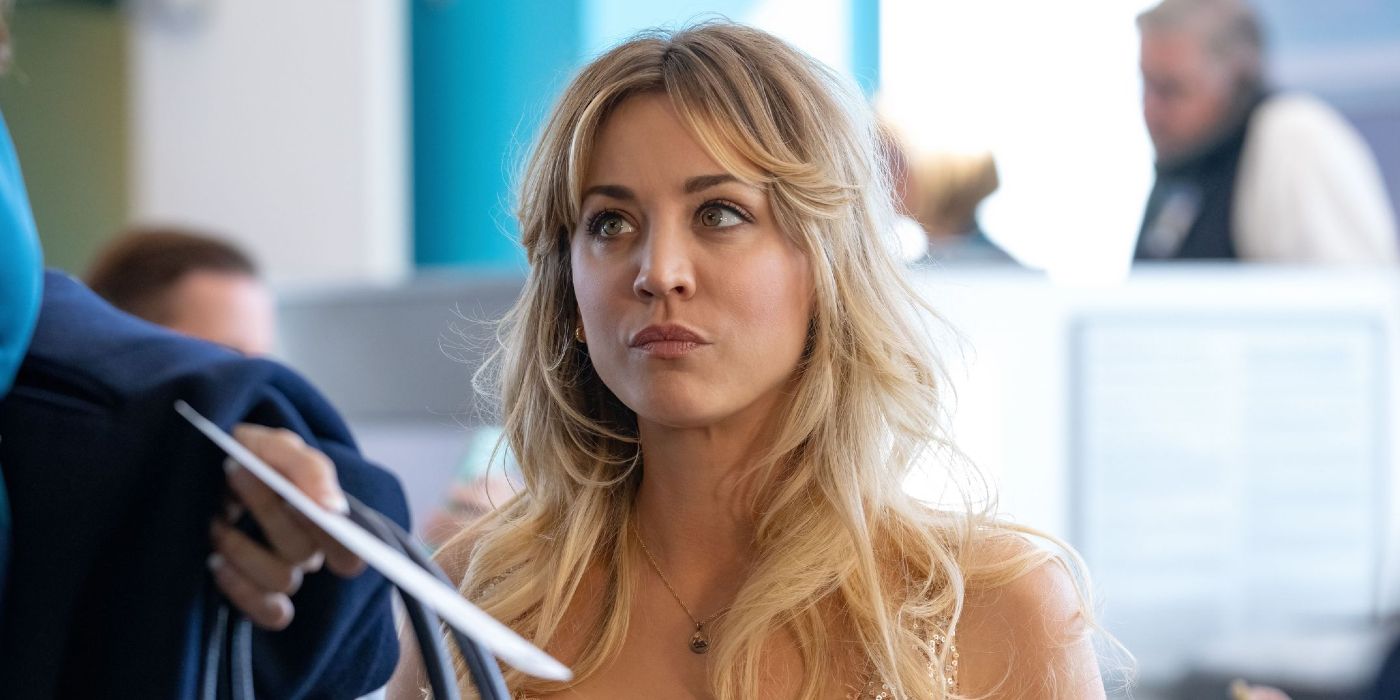

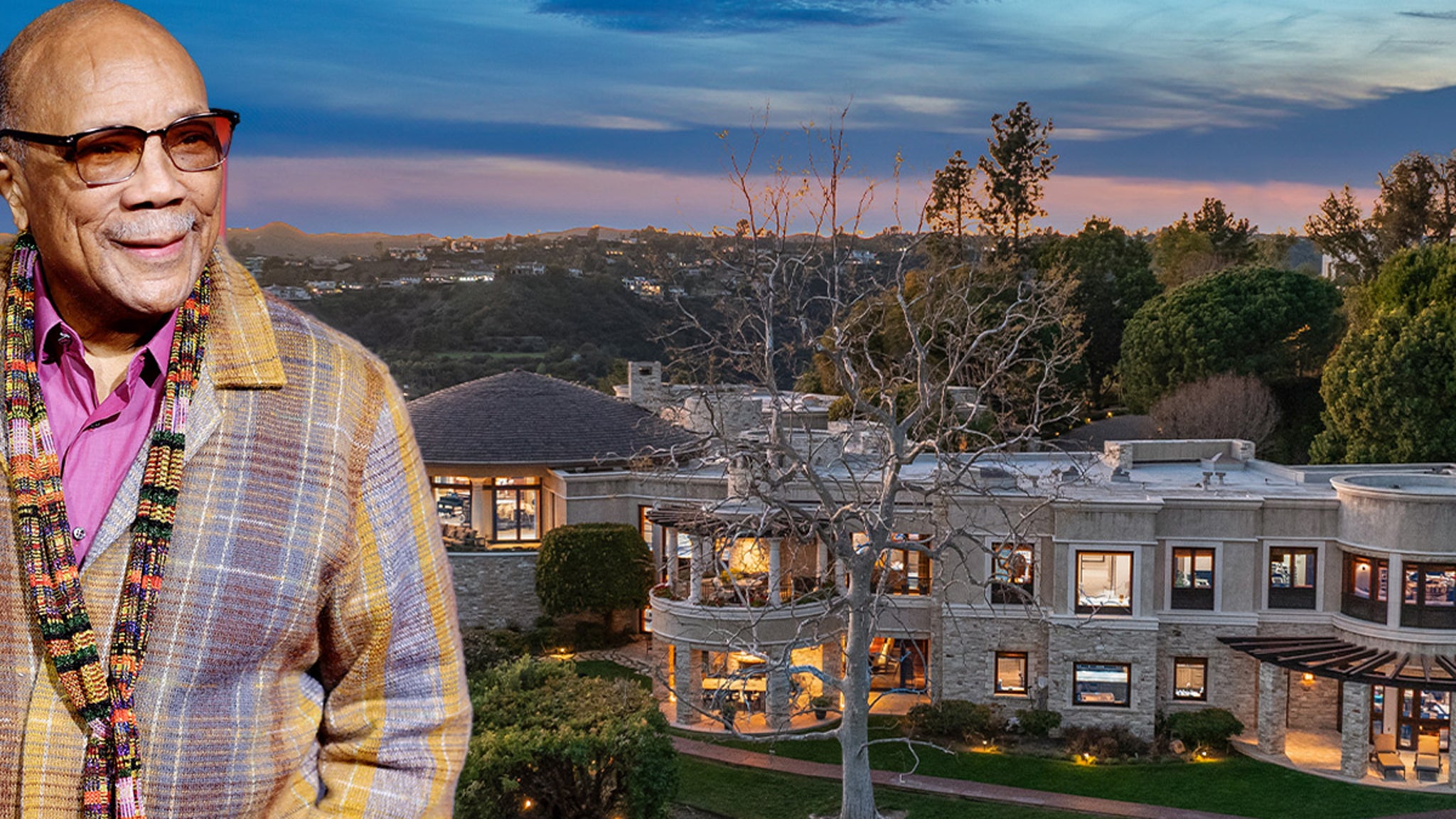
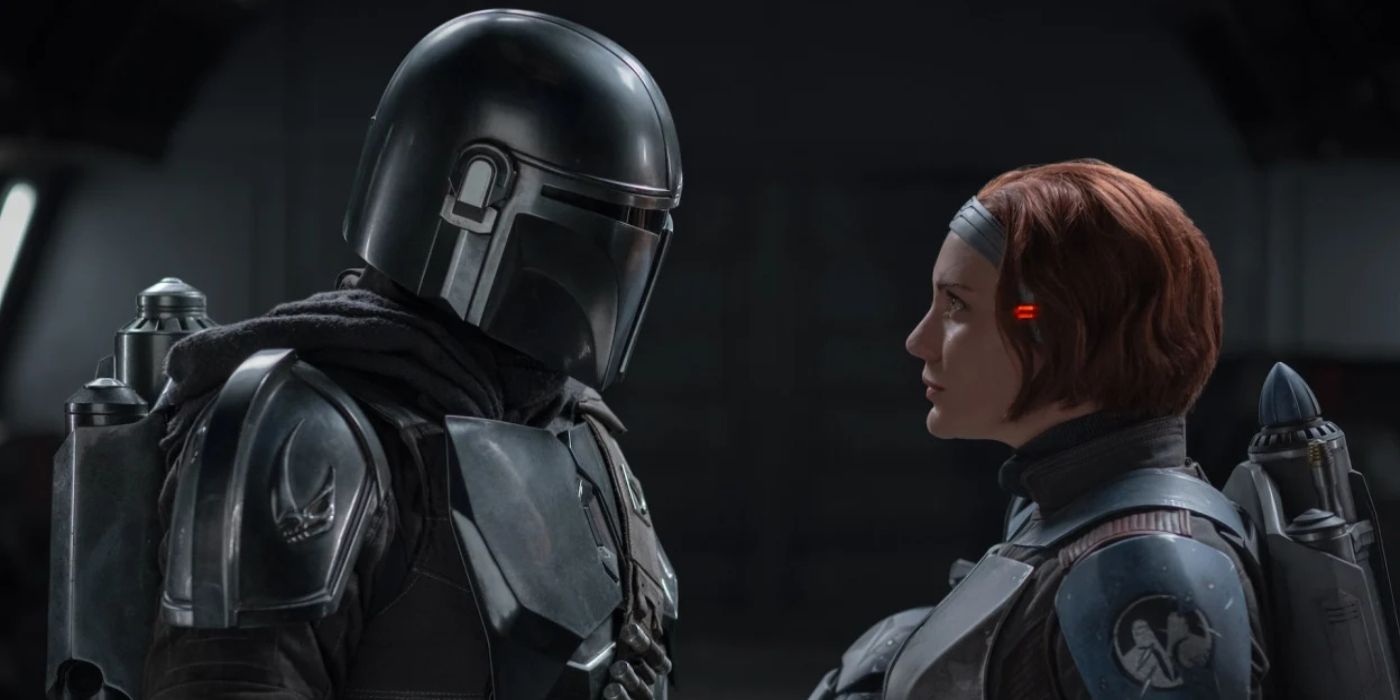



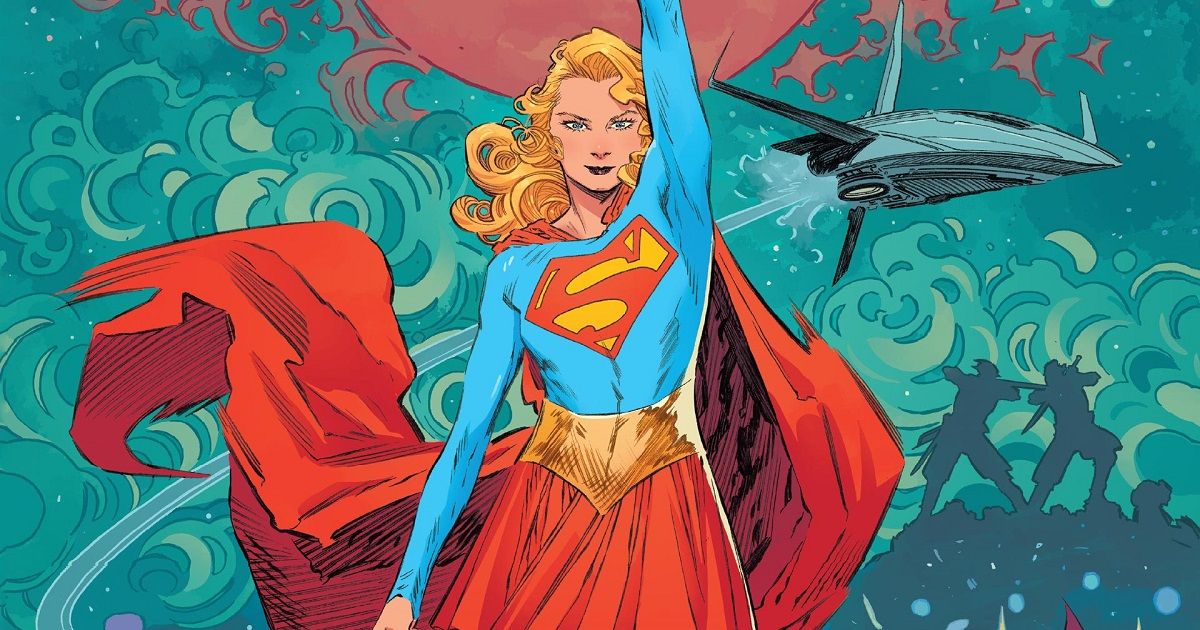
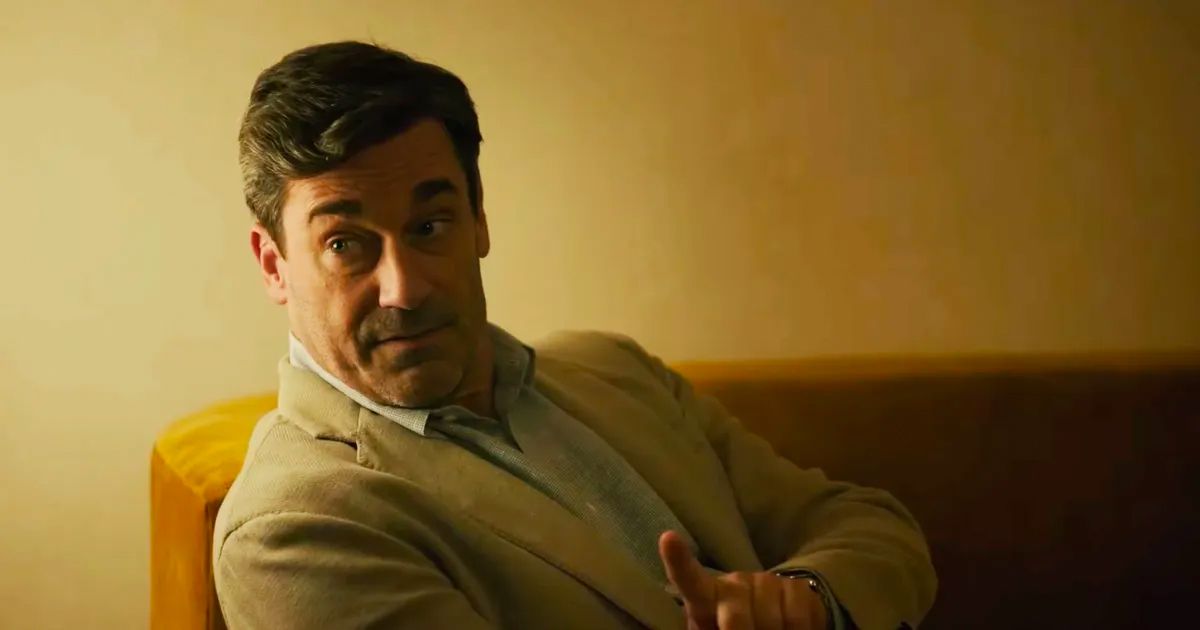
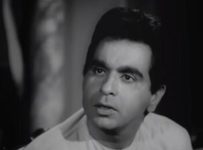




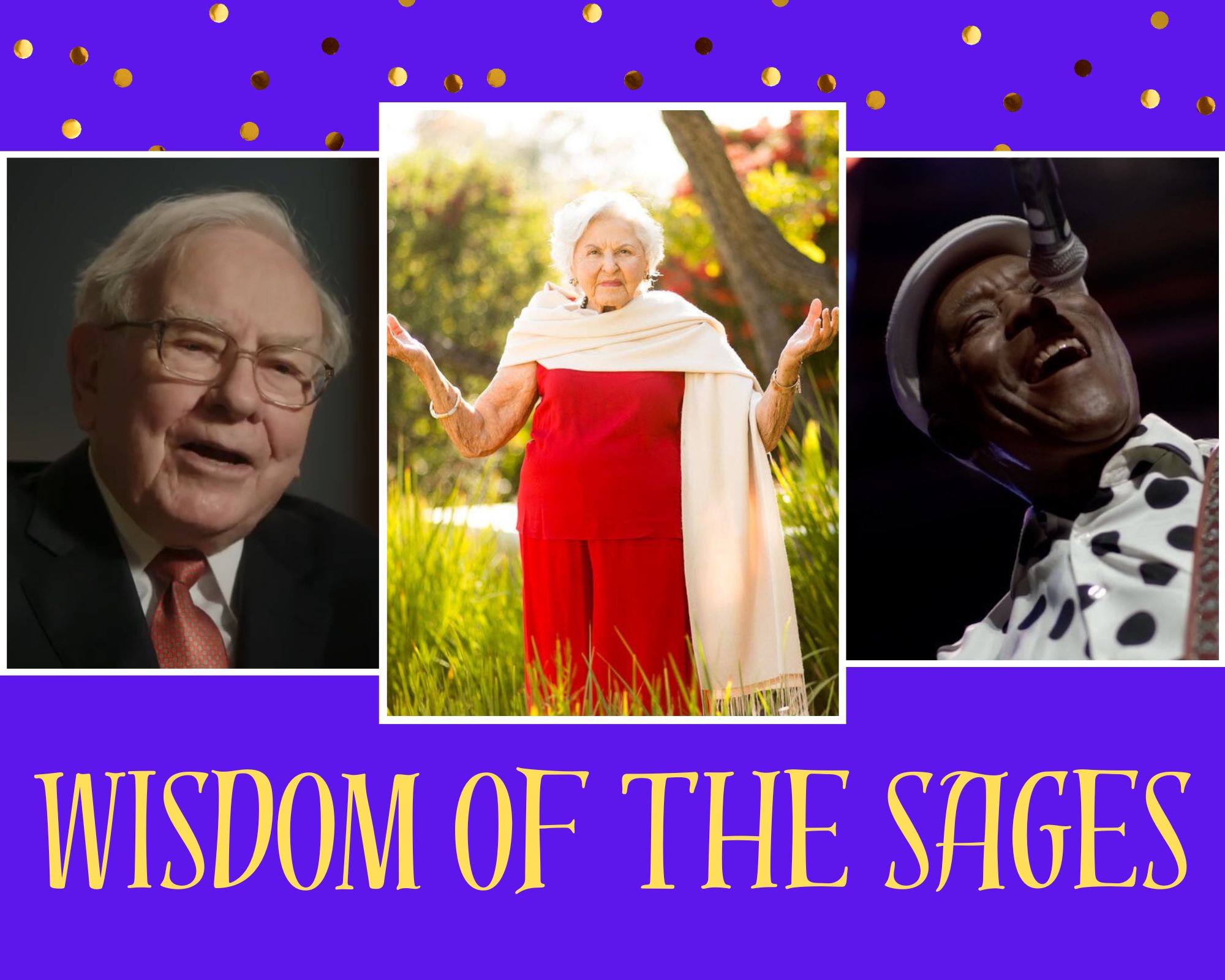

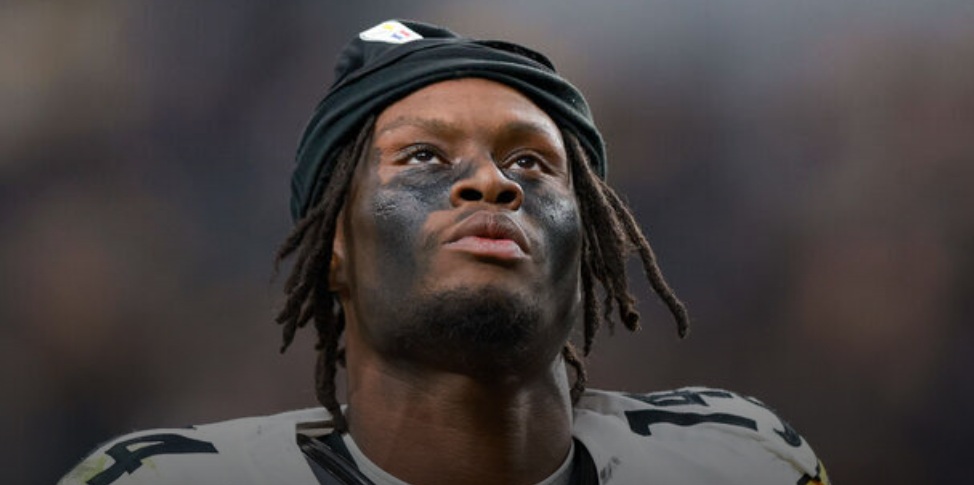
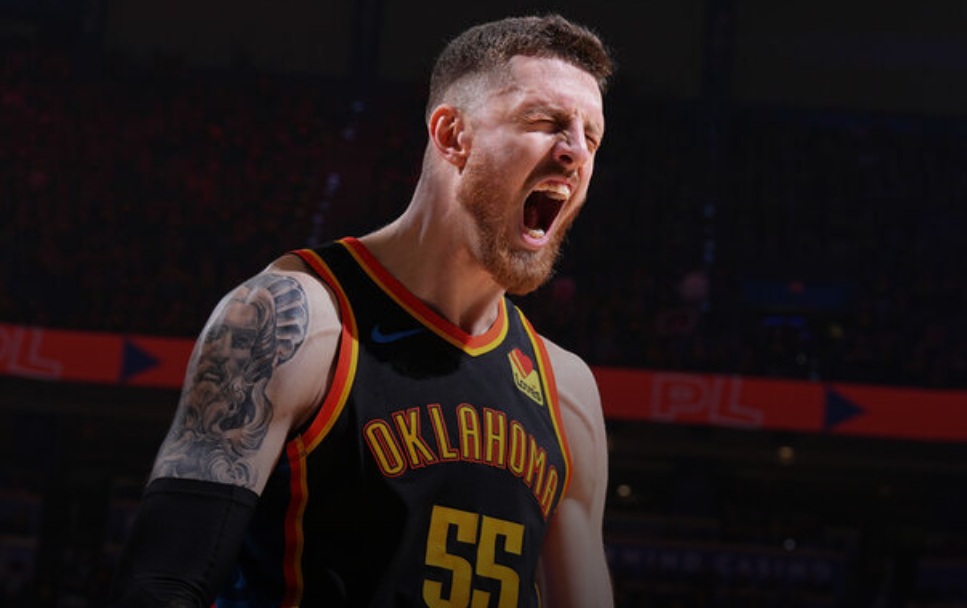
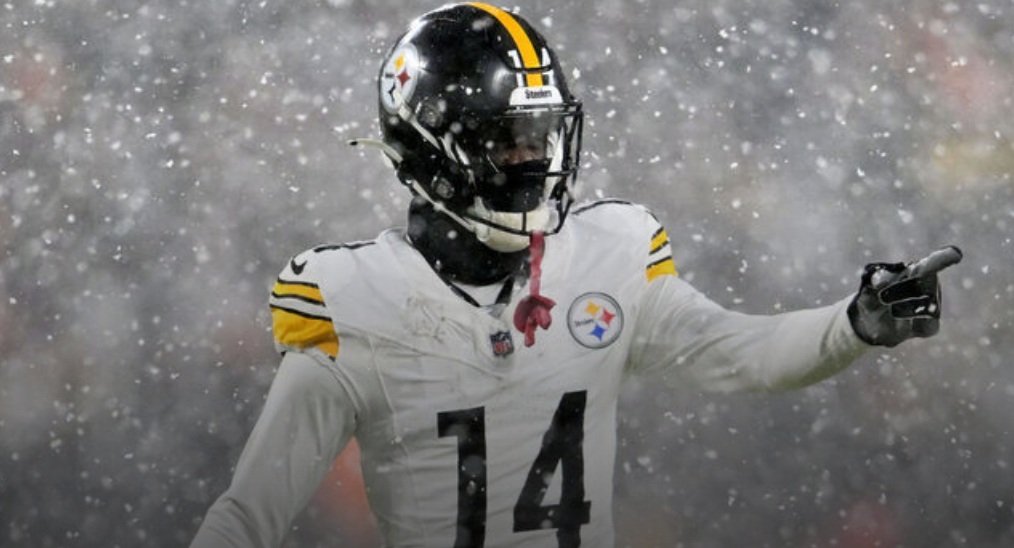
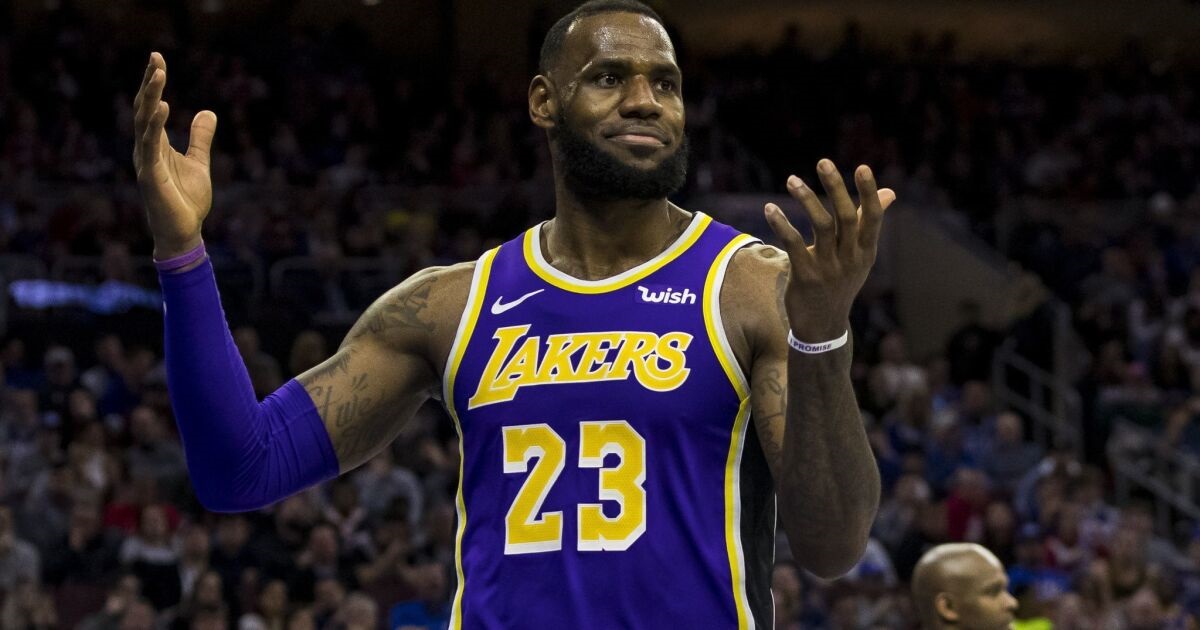
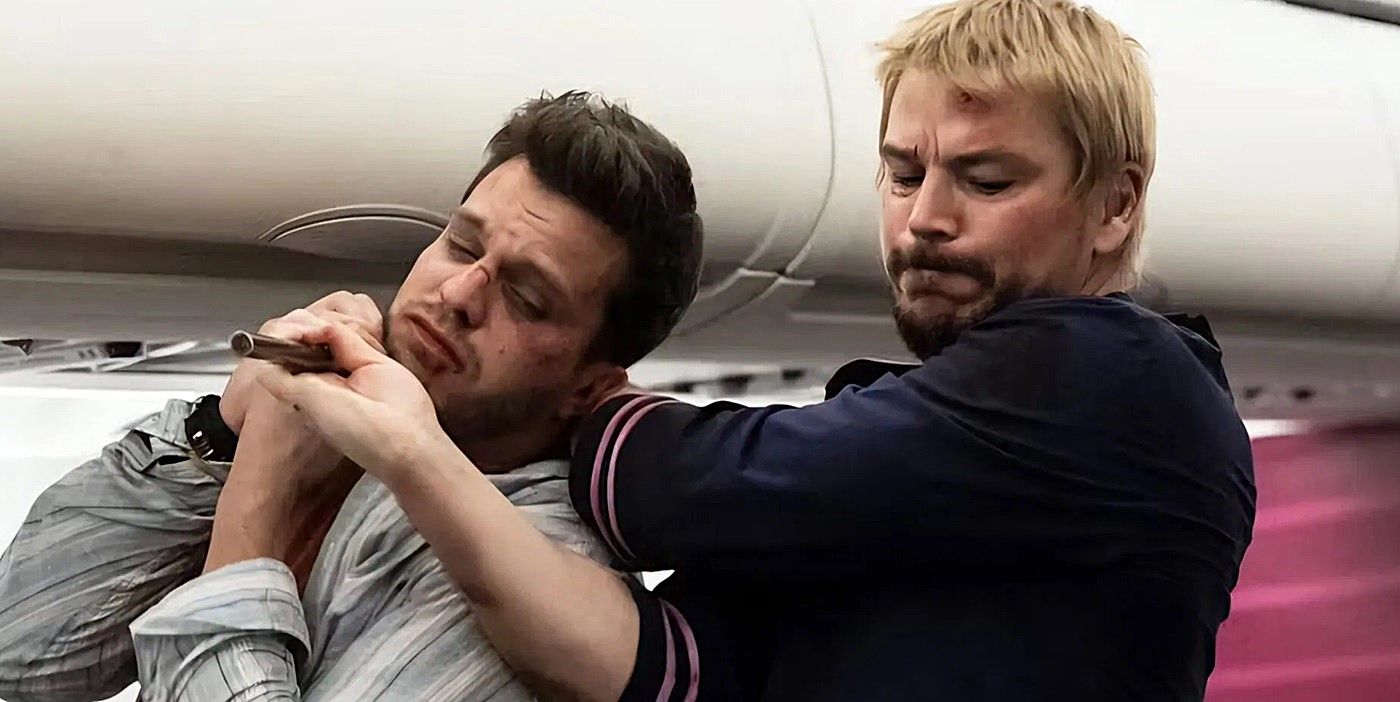
:quality(85):upscale()/2025/05/09/898/n/1922564/08820d57681e6695718682.30750670_.jpg)


